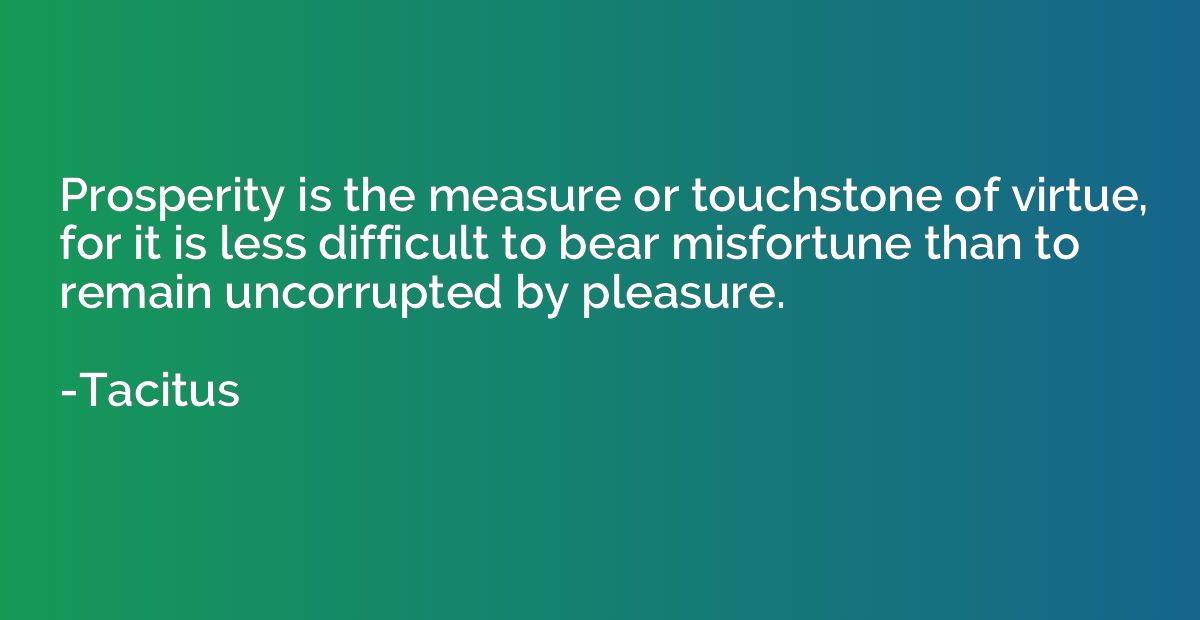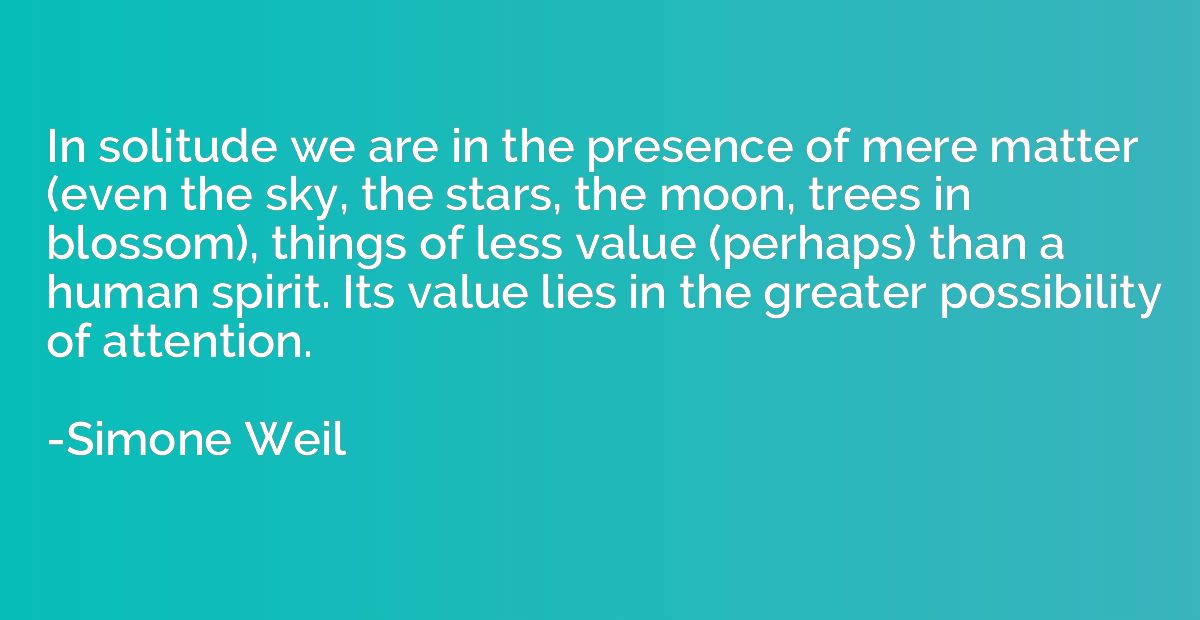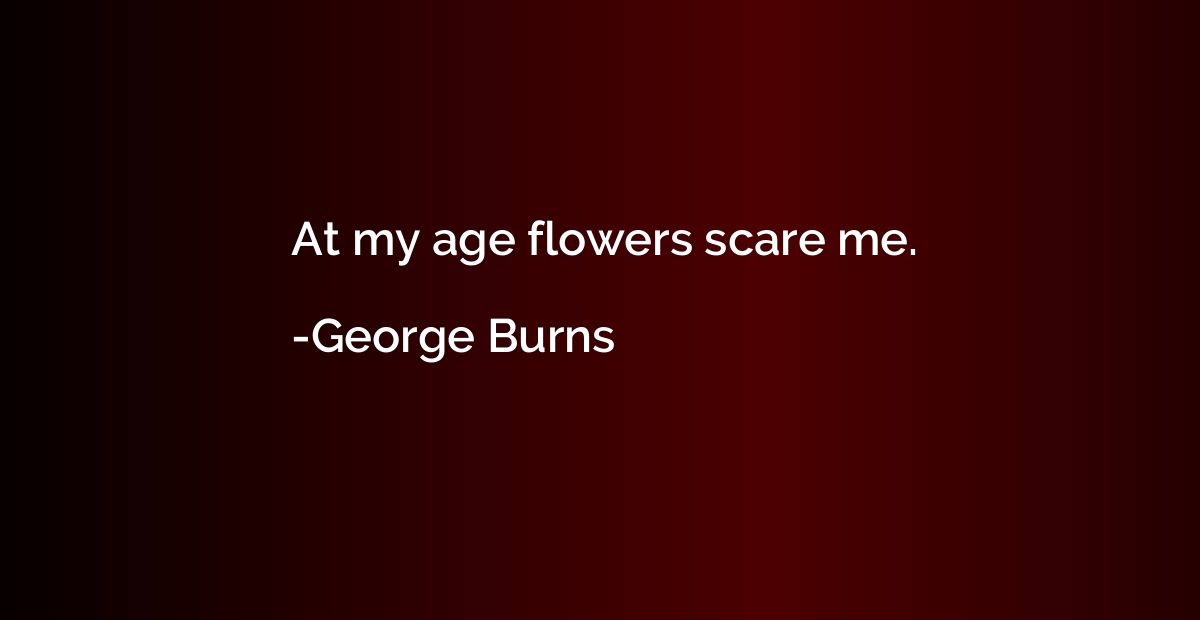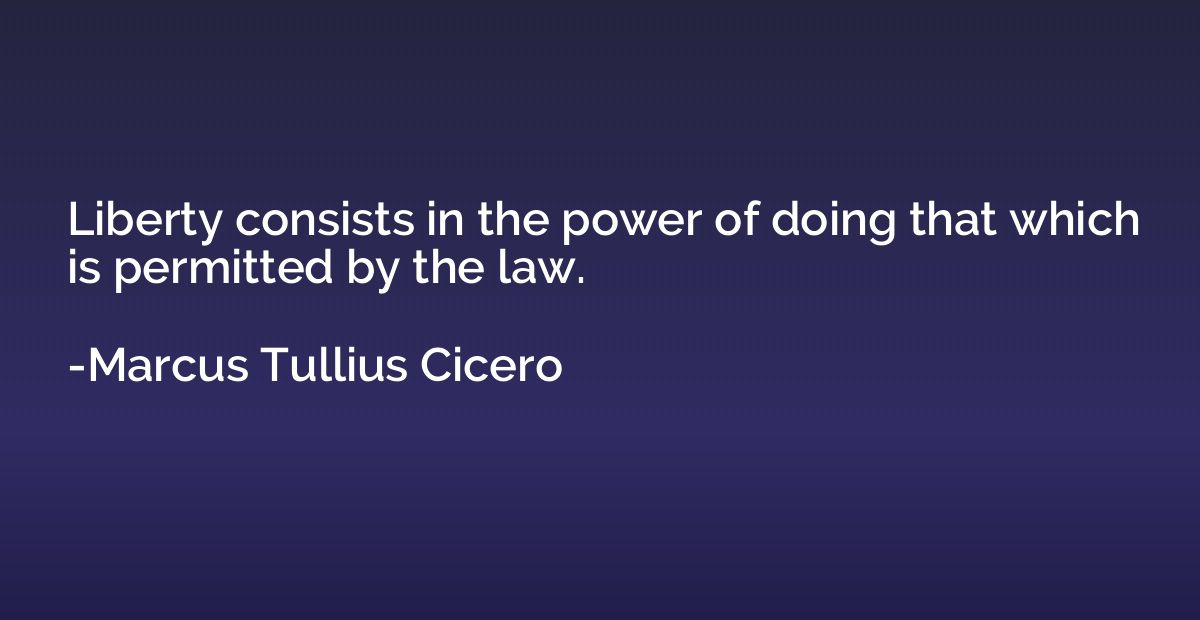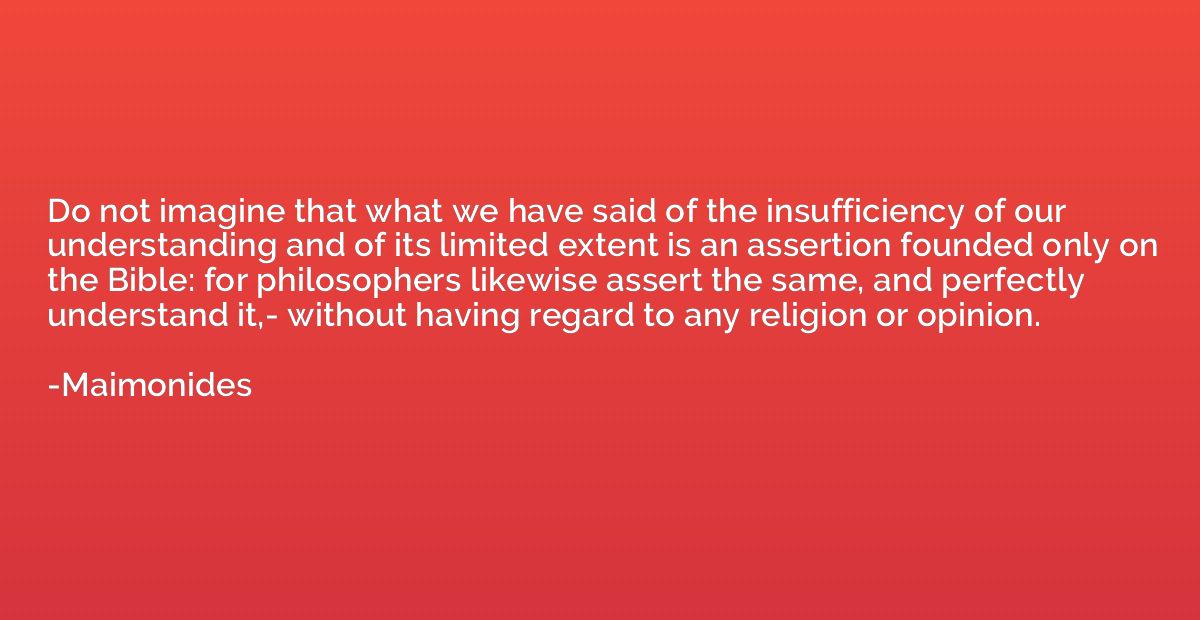Quote by Soren Kierkegaard
The difference between a man who faces death for the sake of an idea and an imitator who goes in search of martyrdom is that whilst the former expresses his idea most fully in death it is the strange feeling of bitterness which comes from failure that the latter really enjoys; the former rejoices in his victory, the latter in his suffering.
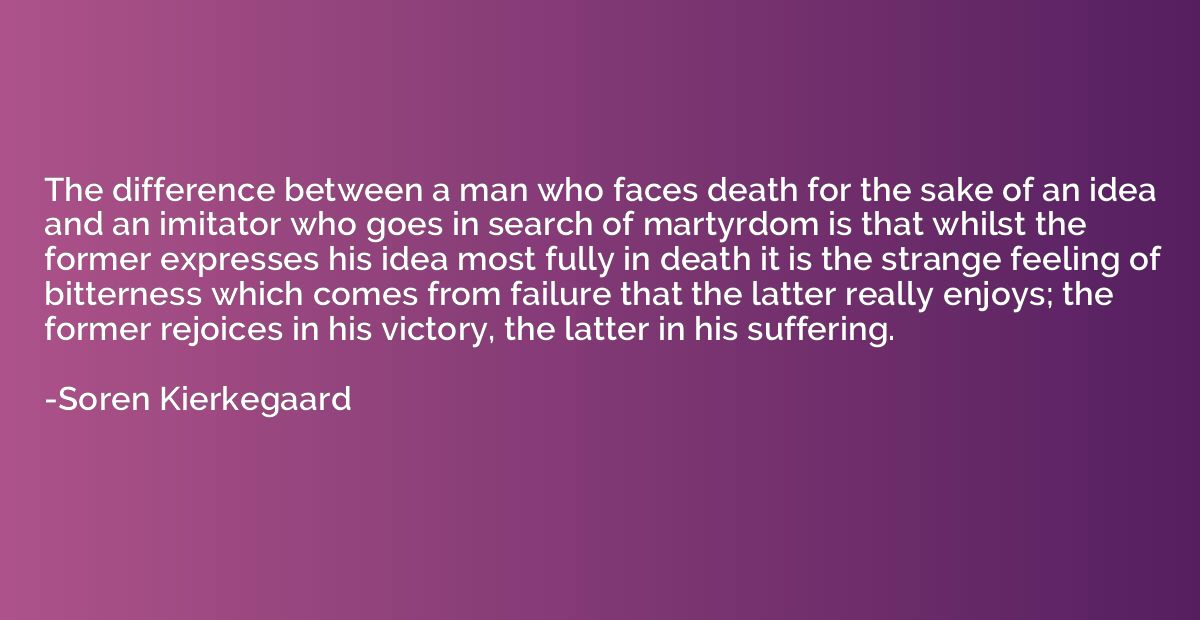
Summary
This quote highlights the distinction between a true believer who willingly embraces death for an idea and a mere imitator who seeks martyrdom. The genuine believer finds ultimate fulfillment in expressing their idea to the fullest, even at the cost of their life. In contrast, the imitator derives a peculiar satisfaction from the bitterness of failure and revels in their own suffering, rather than focusing on the victory of their cause. The quote reveals the different motivations and psychological states of individuals who embrace death for an idea.



